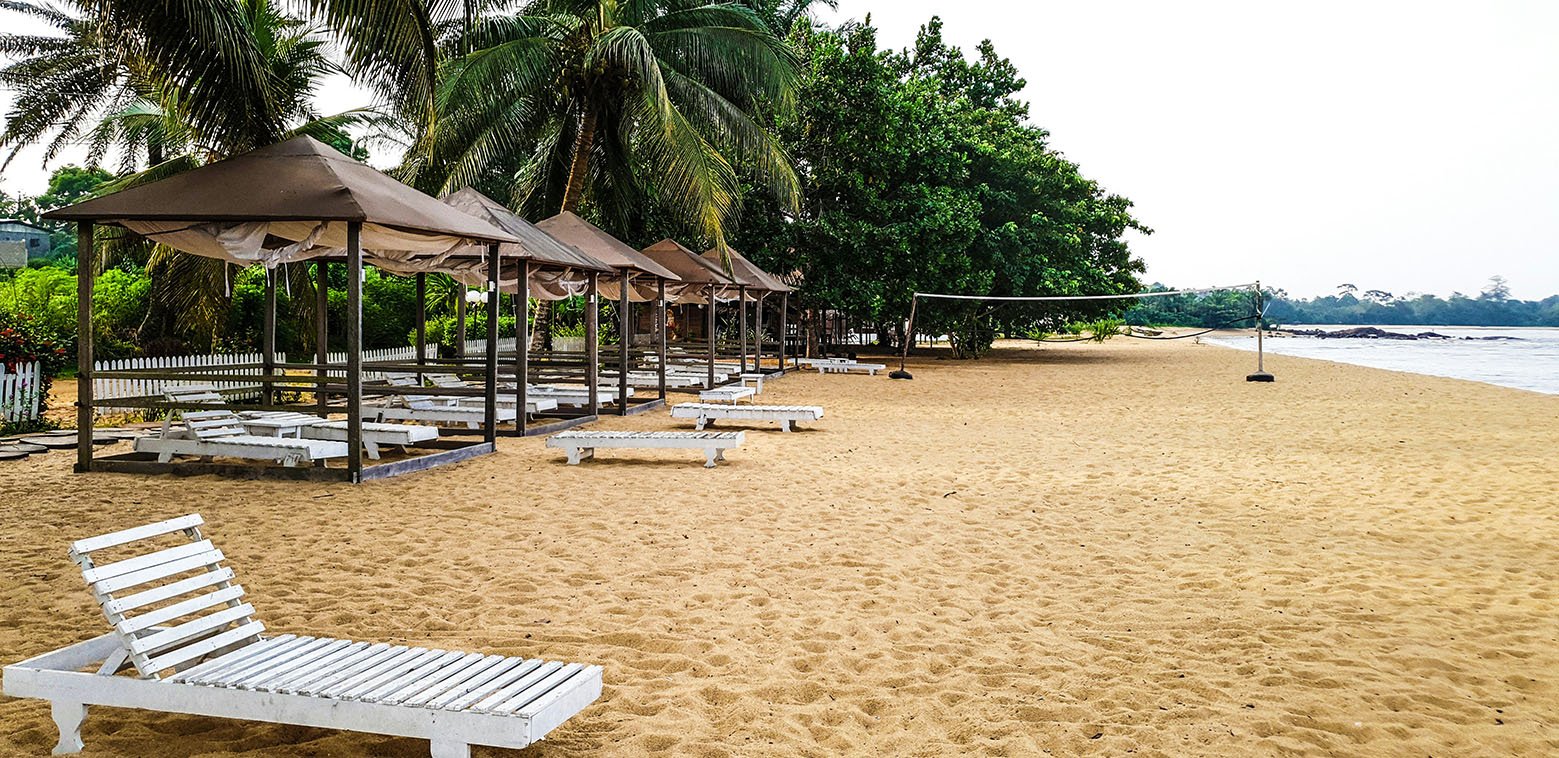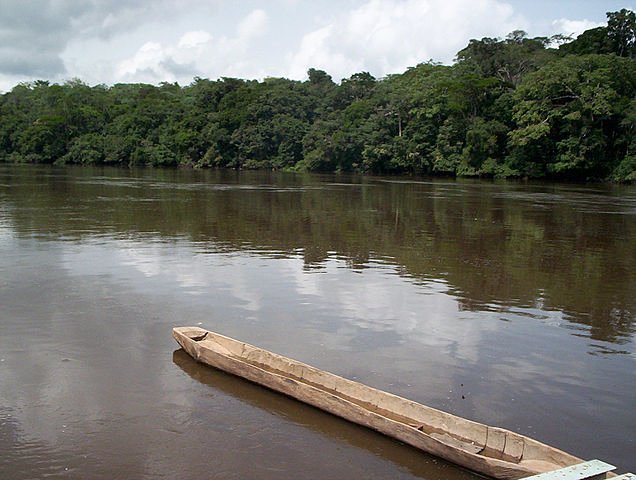Africa in Miniature
Cameroon, often dubbed "Africa in miniature," is a country celebrated for its astounding geographical diversity and rich cultural tapestry. Situated in Central West Africa, it boasts a variety of landscapes ranging from lush rainforests and soaring mountains to tranquil coastal beaches along the Atlantic Ocean. This geographic range allows for numerous distinct ecosystems and habitats, making Cameroon a haven for biodiversity and a hotspot for ecotourism.
The country’s unique topography includes the prominent Mount Cameroon, which, at 4,095 meters, is both the highest peak in the country and an active volcano. Moreover, the terrain transitions into vast savannahs and dense forests, creating a perfect backdrop for adventure seekers and naturalist travelers. The diverse climate found in different regions also supports an array of flora and fauna, further enriching the travel experience.
Historically, Cameroon has been a crossroads of different cultures due to its strategic position as a trade route and its colonial past. The influence of its previous German, British, and French colonizers can still be felt in various aspects of life, including language and architecture. A total of over 200 ethnic groups, each with its own language and traditions, contribute to Cameroon’s vibrant cultural mosaic. This cultural richness is evident in the country's festivals, music, dances, and unique culinary offerings, providing travelers with a plethora of experiences.
Places
Cameroon Highlights

Yaoundé
Yaoundé, the capital city of Cameroon, represents a remarkable fusion of modernity and tradition. This vibrant metropolis is not only the political hub of the nation, but it also serves as a cultural epicenter, showcasing the rich and diverse heritage of Cameroonian life. In exploring Yaoundé, visitors will encounter a host of attractions that reflect the city’s historical significance and contemporary dynamism. One of the key highlights in Yaoundé is the National Museum of Cameroon, a treasure trove that offers an extensive overview of the country's cultural heritage. This establishment houses an impressive collection of artifacts, including traditional clothing, sculptures, and tools that narrate stories of the various ethnic groups that inhabit Cameroon. To experience the vibrant daily life of Yaoundé, a stroll through its bustling markets is essential. Local markets such as Mfoundi Market present an array of goods, from fresh produce to handcrafted souvenirs.

Kribi: Beaches and Natural Wonders
Located on the southern coast of Cameroon, Kribi is renowned for its stunning beaches and an array of natural wonders that attract visitors seeking both relaxation and adventure. The soft sands and warm, turquoise waters of Kribi's beaches provide an idyllic setting for a peaceful retreat, making it a prime destination for beach lovers. Whether one wishes to sunbathe, swim, or partake in various water sports, Kribi's coastline offers ample opportunities for leisure and enjoyment. One of the crown jewels of the region is the awe-inspiring Lobe Waterfalls, where a series of cascades flow directly into the Atlantic Ocean. This unique phenomenon creates a spectacular view that draws photographers and nature enthusiasts alike. Visitors can engage in guided tours to experience the breathtaking beauty of the waterfalls up close.

The Dja Faunal Reserve
The Dja Faunal Reserve, designated as a UNESCO World Heritage site in 1987, stands as one of Africa's most significant conservation areas, located in Cameroon’s dense rainforest. This remarkable reserve covers approximately 5,260 square kilometers, making it a vital sanctuary for a multitude of species and an essential part of the Congo Basin ecosystem. Its importance lies not only in preserving biodiversity but also in offering insights into sustainable management practices that protect both wildlife and local communities. The reserve is renowned for its astonishing variety of fauna, including iconic species such as gorillas, elephants, and numerous rare and endangered mammals. With over 1,000 plant species and numerous bird species, it presents ample opportunities for biological research and ecotourism. The Dja Faunal Reserve is particularly noted for its significant populations of the western lowland gorilla and the forest elephant, both of which are critical species within their respective ecosystems. The diverse habitats, such as dense forests and savannas, support numerous wildlife species and contribute to the reserve's ecological richness.
